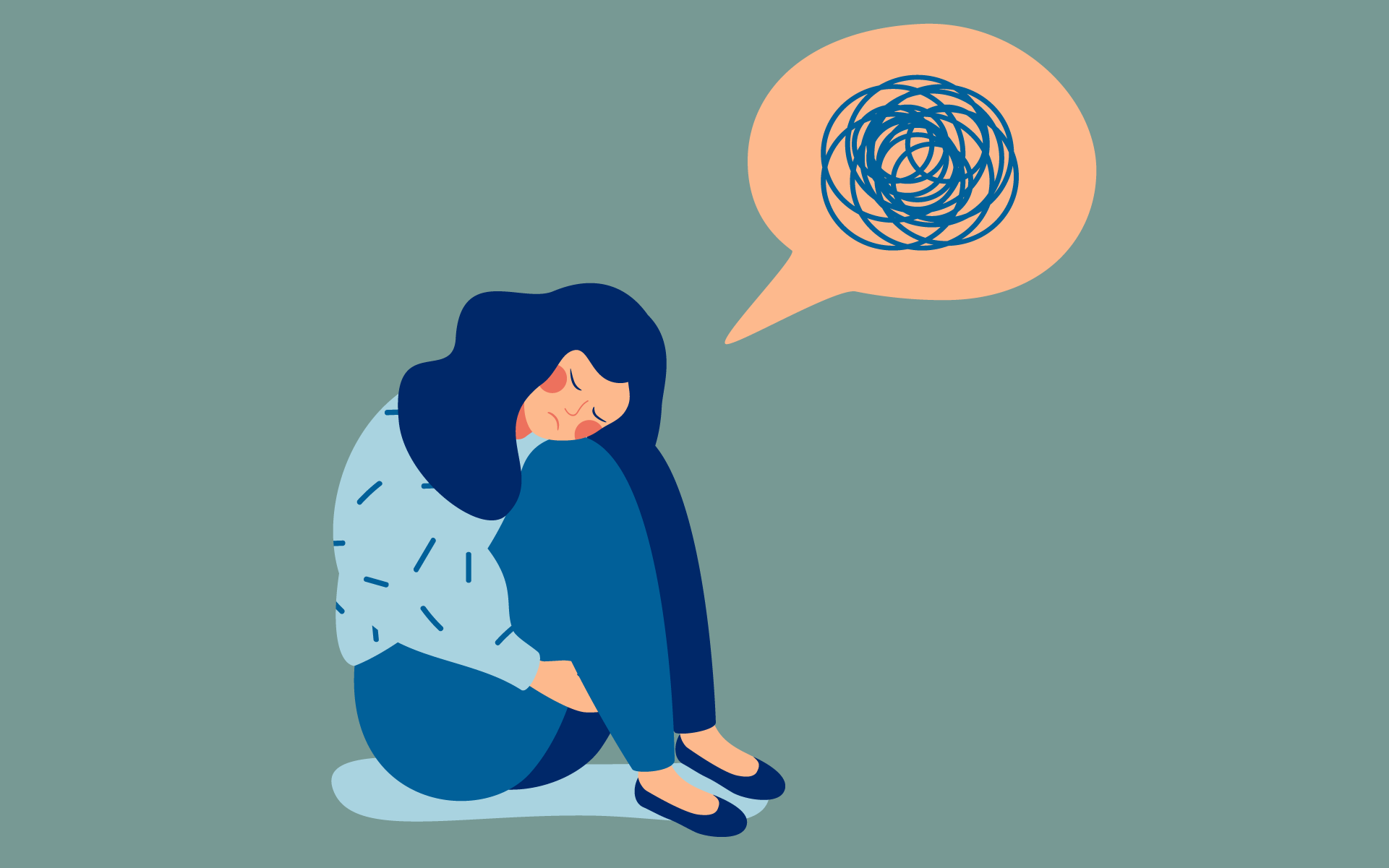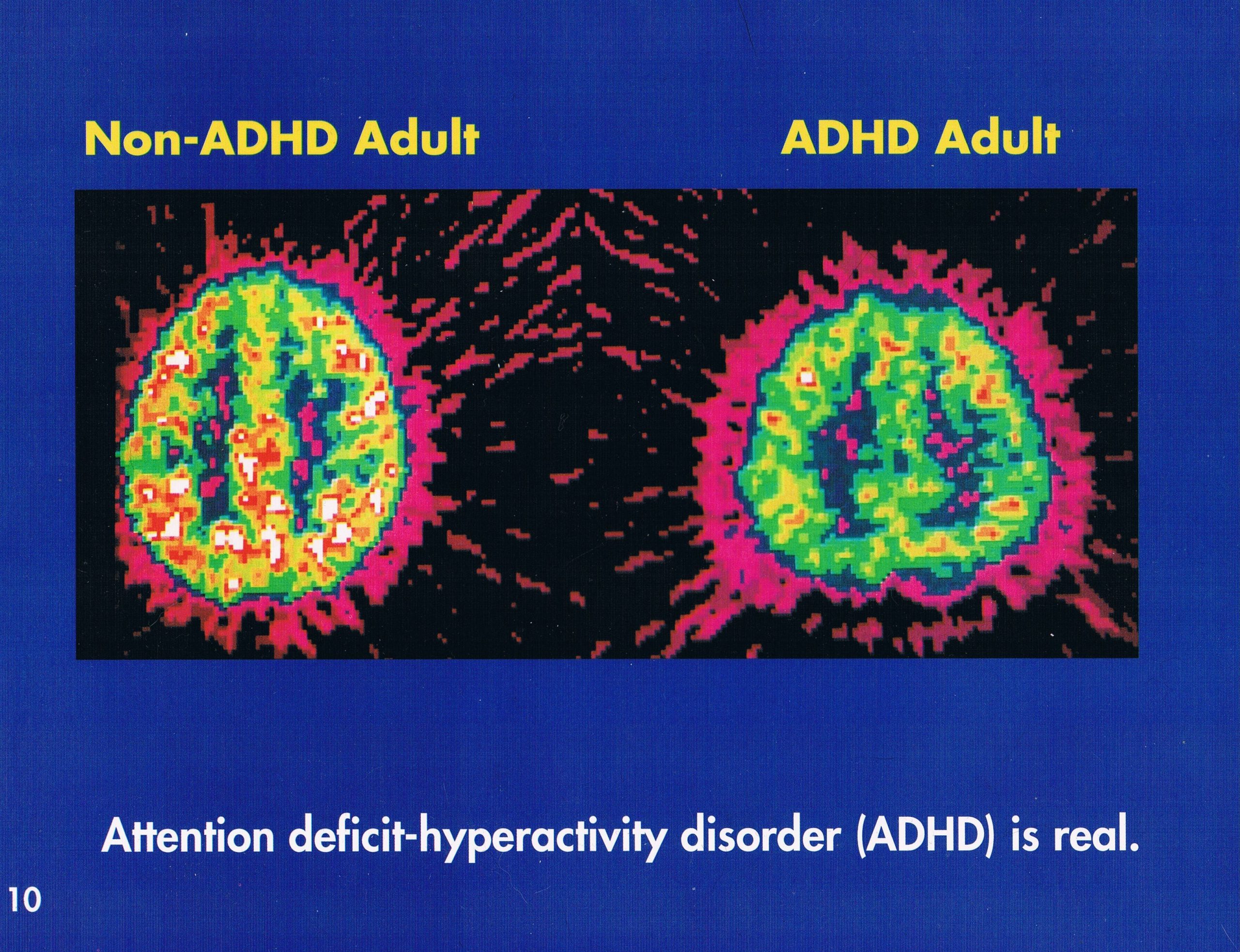MOM Agency Says Declaring Mental Health Condition Is Discriminatory And Illegal
Filling up job application forms with personal data like your history of illnesses can be a daunting task.
But now, courtesy of the Tripartite Alliance for Fair and Progressive Employment Practices (TAFEP), Singaporeans can keep mum about their mental health, according to updated guidelines.
TAFEP clarified that such declarations on job applications is discriminatory, and likely to stigmatise certain applicants.
A strong signal to employers to recruit based on merit, not traits
According to The Straits Times (ST), TAFEP stated that the guide will ensure that all employers hire based on merit.
Previously their guidelines required employers to exclude considerations based on the following:
- age
- gender
- race
- religion
- marital status
- family responsibilities
- disability
In order to include any of these fields, the employer must demonstrate the information’s relevance.
A surprise to be sure, but a welcome one
Mental health professionals have welcomed the clarification.
According to ST, many international firms have stopped asking about mental illnesses.
Advocates for those suffering from mental illness have long been worried about the prejudices and stigmas prevalent amongst Singaporean employers.
These attitudes had led to applicants not declaring their conditions for fear of discrimination, according to Ms Porsche Poh, Executive Director of Silver Ribbon – an organisation that aims to combat mental health stigma.
More may become willing to seek mental health treatment
If mental illnesses become more widely-accepted in the workplace, perhaps this will encourage more sufferers to seek professional treatment.
The 2018 Singapore Mental Health Survey showed that 1 in every 7 Singaporeans has experienced or will experience such conditions in their lifetimes.
Yet, less than a quarter of sufferers ever seek professional medical help.
Of that tiny proportion, less than half consulted an actual psychiatrist.
This might be due in part to a fear that seeking treatment might affect their employment or career prospects.
We hope that these guidelines will help sufferers of mental health conditions both secure employment, and encourage them to seek treatment as well.
Featured image adapted from YouTube.

Drop us your email so you won't miss the latest news.












